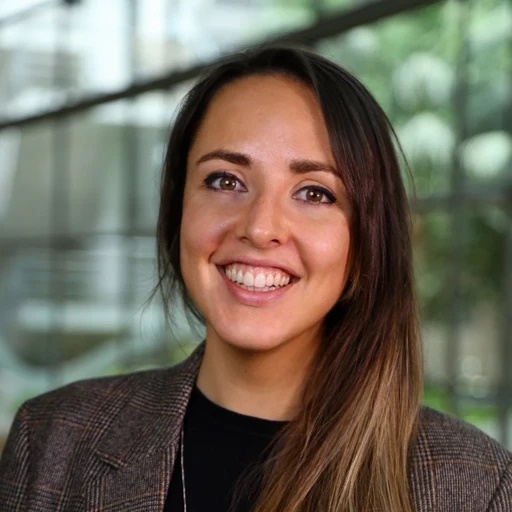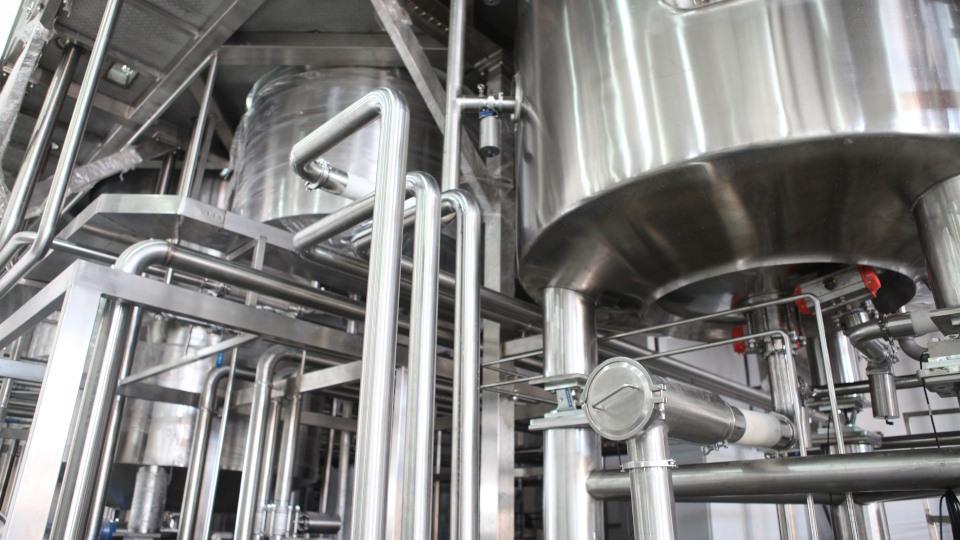UK start-up is planning pharma factory in space

A new UK company, called BioOrbit, has been formed with the aim of developing hardware for the manufacture of pharmaceuticals in space.
The start-up is focusing on the crystallisation of antibody-based therapies for cancer, working on the premise that producing these drugs in microgravity can improve their characteristics, potentially allowing drugs that can currently only be administered intravenously to be given by subcutaneous injection.
On Earth, crystallisation of antibody molecules can be challenging due to their large size and flexibility and the presence of side groups, so, researchers have tended to focus on antibody fragments (Fab and Fc), rather than complete antibodies. In space, reduced sedimentation and minimal convection currents make those factors less of an issue.

London-based BioOrbit is led by Katie King, the daughter of UK broadcaster and media personality Carol Vorderman and a specialist in nanomedicine, and graduate of Cambridge University and the International Space University.
“By taking antibodies into space and crystallising them there, where there is a superior crystallisation process, we can then bring that drug back down to earth and patients can treat themselves from the comfort of their own homes,” said King.
“Long term, our vision is to establish a pharmaceutical manufacturing facility in space within the next decade,” she added.
The technology has the potential to benefit patients in remote areas with limited access to hospitals, as well as those who are immuno-compromised who would benefit from staying away from clinics, according to BioOrbit.
Other research groups have looked at making antibodies in space, including scientists at MSD – known as Merck & Co in North America – which collaborated with the International Space Station (ISS) National Laboratory to generate crystallised versions of pembrolizumab, the antibody in its blockbuster cancer immunotherapy Keytruda. They found that the new version was more stable and suitable for subcutaneous injection.
Earlier this year, meanwhile, another team from Varda Space Industries sent a pharma manufacturing capsule into space to test a crystallisation process for HIV therapy ritonavir.
BioOrbit recently joined the European Space Agency’s UK incubator, ESA BIC UK in central London, and was one of 10 start-ups that participated in the latest accelerator programme run by Seraphim Space, an investment trust specialising in space projects.
“For BioOrbit, this is a really critical phase in the development of our technology, which we have tested and proved in principle,” said King.
“Through the ESA BIC UK, our sights are now set on building our payload and sending it into space to see what data comes back.”













